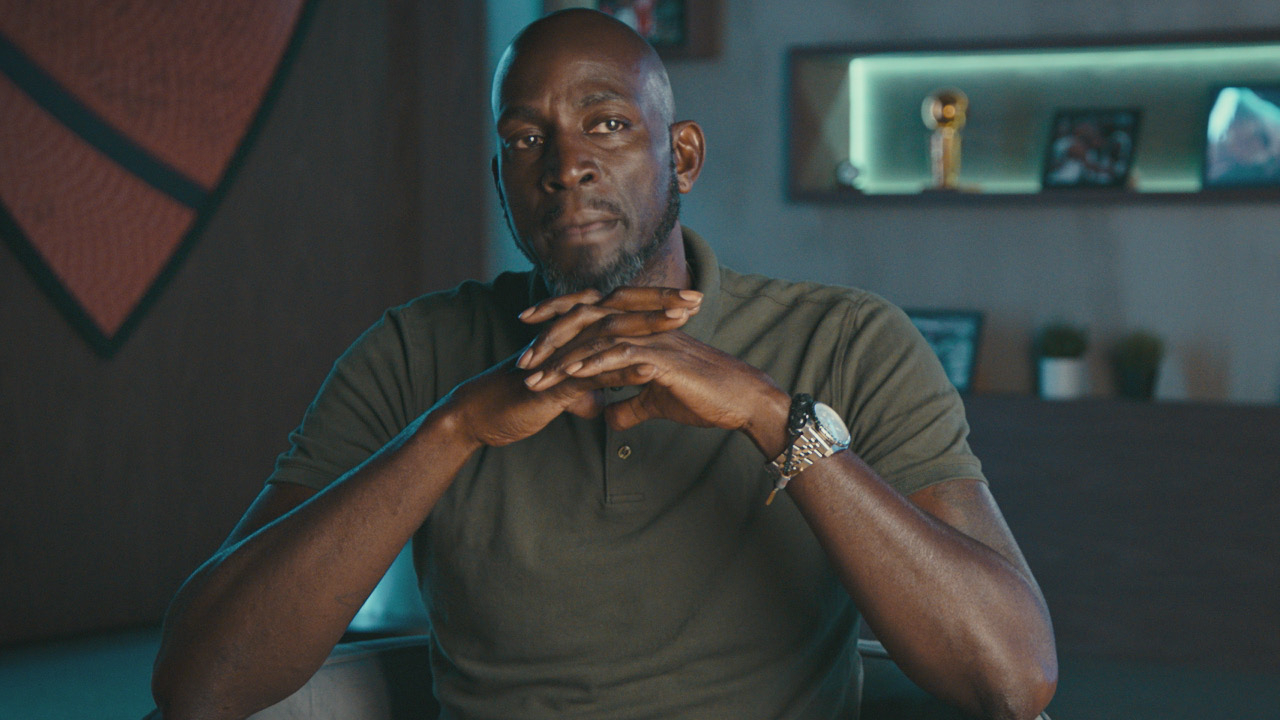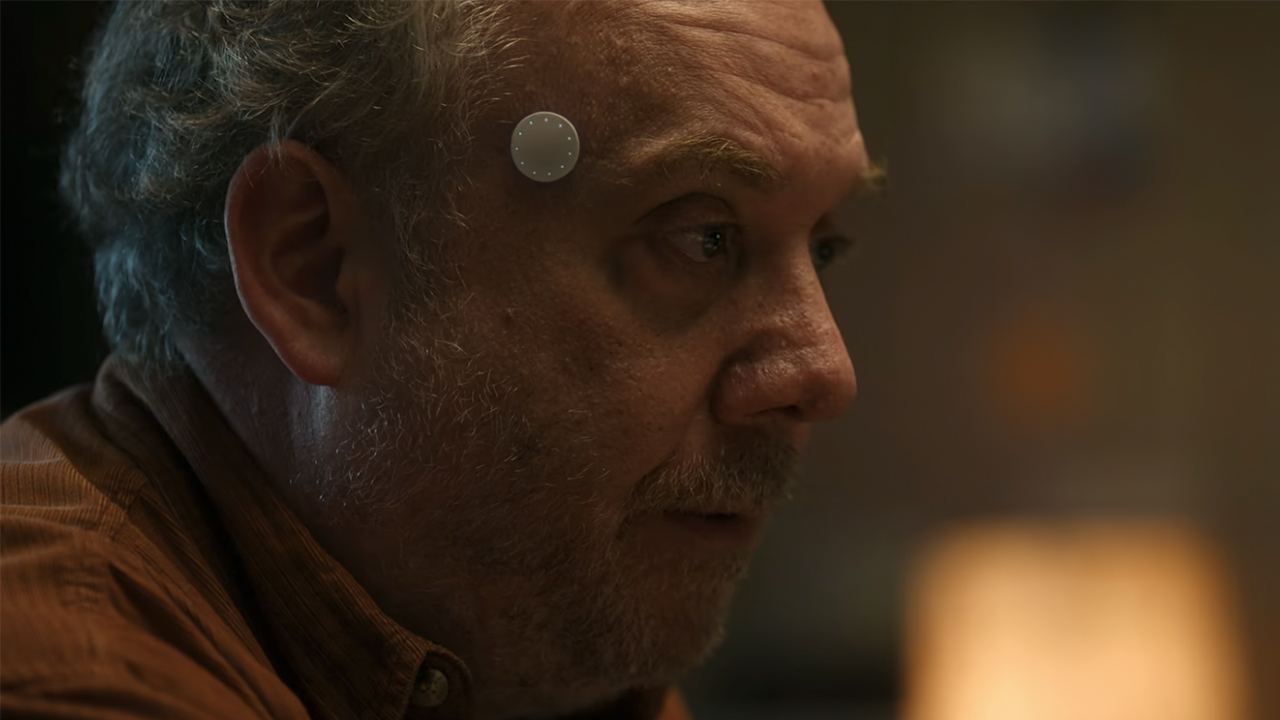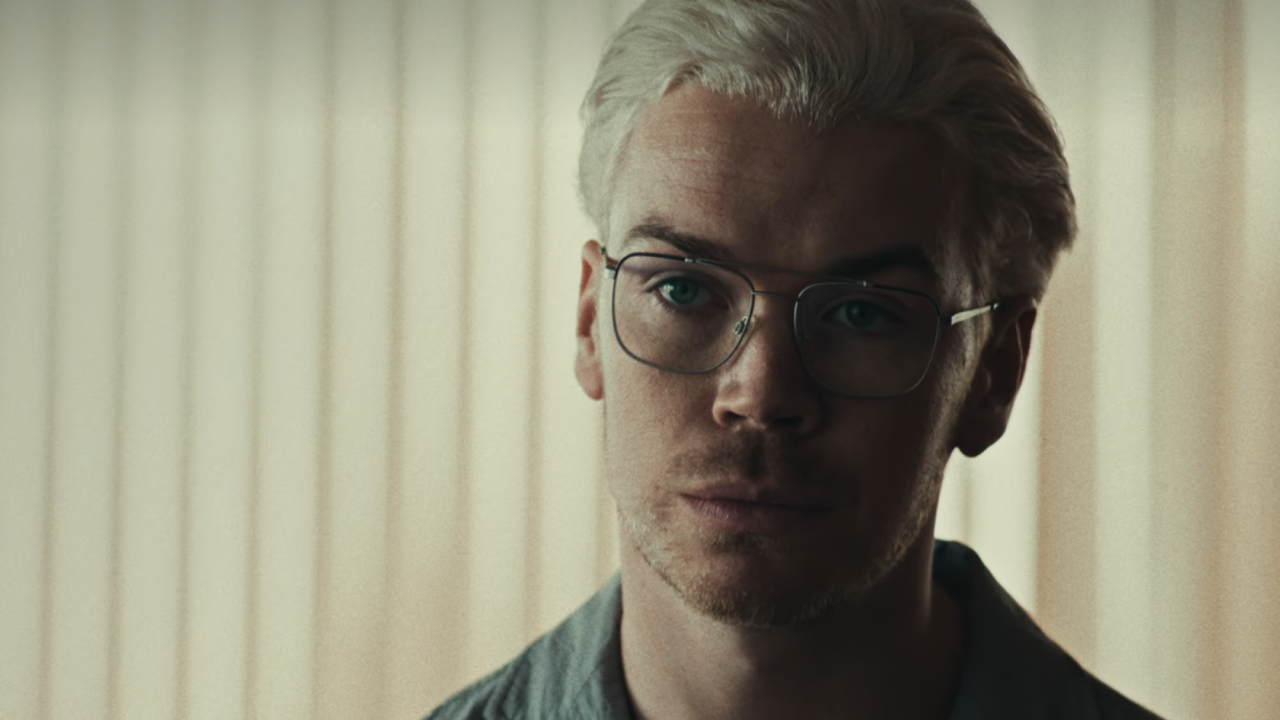Adapting Stephen King's Apt Pupil: Looking Back On The 1998 Movie, And The Version That Was Never Finished
1998's Apt Pupil is a Disney movie compared to Stephen King's horrific novella.
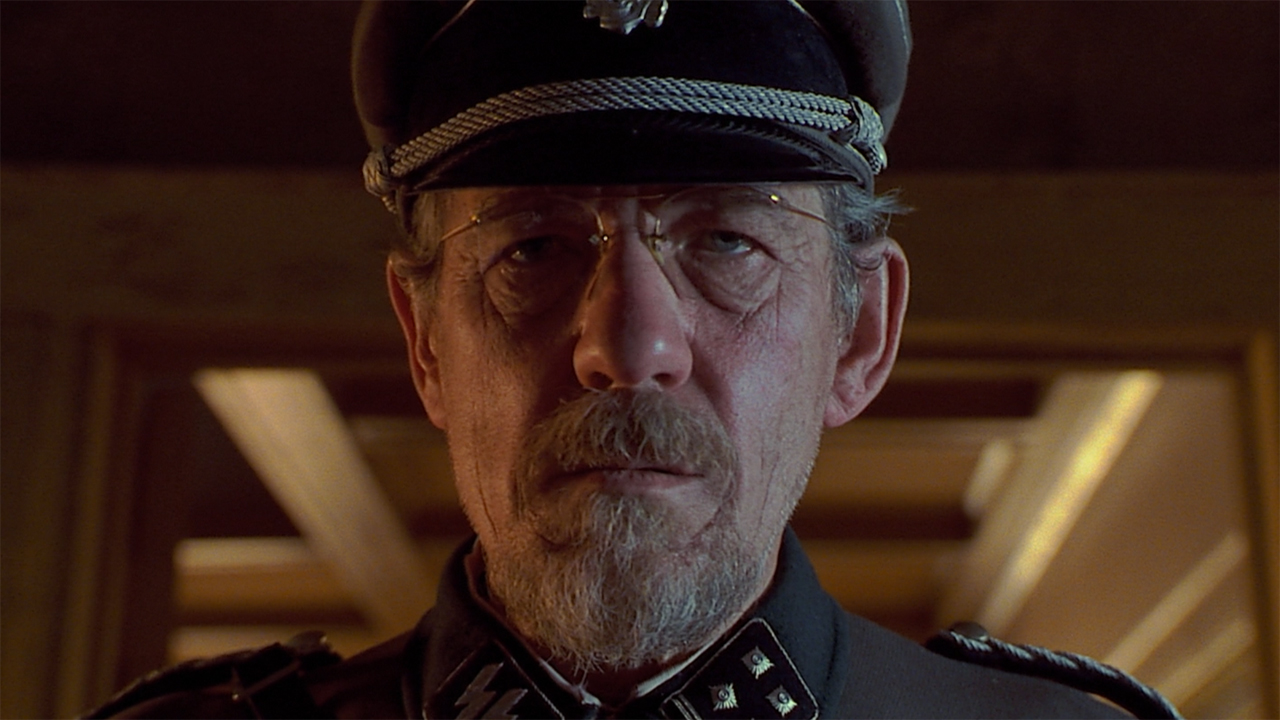
In reflection, the attempts made in the 1980s to adapt Stephen King’s “Apt Pupil” had the makings of a “cursed movie” legend. We know that the curse didn’t pan out, as director Bryan Singer was ultimately able to bring an adaptation of the story to the big screen in 1998 – but learning about the production hurdles faced a decade earlier gives the impression that there was some kind of supernatural force at play trying to stop the film from being made (ironic given the lack of anything supernatural in the source material).
According to Creepshows by Stephen Jones, Richard Kobritz (a producer on both Tobe Hooper’s Salem’s Lot and John Carpenter’s Christine) first teamed up with fellow producer William Frye to make an adaptation of “Apt Pupil” in 1987 – five years after the novella was first published in the collection Different Seasons. The plan was to make an indie movie with a budget of $5.5 million, one that heavily toned down the content of Stephen King’s story, and British director Alan Bridges was attached to helm. But issues mounted throughout development.
James Mason, with whom Richard Kobritz worked on Salem’s Lot, was the filmmaker’s first choice to play the villainous Nazi Kurt Dussander, but he died before Kobritz could finalize the acquisition of the book rights. The role was then turned down by Alec Guinness, Paul Scofield, and John Gielgud – and while Nicol Williamson was eventually cast in the part (opposite Ricky Schroder as protagonist Todd Bowden), the production had to shut down ten weeks into filming because financial backing fell through.
An hour of movie was assembled with the footage that existed, but the hiatus lasted long enough that Ricky Schroder aged out of the part and the project had to be abandoned. What exists of this attempted adaptation has never been publicly released.
Even when the rights reverted back to Stephen King in 1995 and Bryan Singer purchased them (for a dollar and a percentage of the future profits), the problems persisted. Singer first teamed with Scott Rudin and Spelling Films to make a new feature adaptation of Apt Pupil, but, according to Scott von Doviak’s Stephen King Films FAQ, the project hit a major roadblock due to clashes between Rudin and the director. Less than a year later, Mike Medavoy – a former head of TriStar who was starting up his own shingle, Phoenix Pictures – successfully resurrected the project, and production began in February 1997. The finished film was released in theaters on October 23, 1998.
So was the juice worth the squeeze? That’s a complicated question because “Apt Pupil” is a complicated story – but I will nonetheless attempt to answer it in this week’s Adapting Stephen King.

What “Apt Pupil” Is About
As I noted in my columns about Rob Reiner’s Stand By Me and Frank Darabont’s The Shawshank Redemption, all four of the novellas in Different Seasons were written in the immediate aftermath of King completing a major novel. In the case of “Apt Pupil,” the story was written in the two weeks after the author finished The Shining – and it was controversial from the start.
CINEMABLEND NEWSLETTER
Your Daily Blend of Entertainment News
While “The Body” is a wonderful story about childhood friendship, and “Rita Hayworth And Shawshank Redemption” is a gorgeous tale about the power of hope, the darkness of “Apt Pupil” successfully freaked out Stephen King’s publishers as New American Library, and they went as far as to request that the novella not be a part of Different Seasons. This only made King more impassioned to include it, as he explained to Douglas E. Winter for Stephen King: Art Of Darkness:
They were very disturbed by the piece. Extremely disturbed. It was too real. If the same story had been set in outer space, it would have been okay, because then you would have had that comforting layer of ‘Well, this is just make-believe, so we can dismiss it.’ And I thought to myself, ‘Gee, I've done it again. I've written something that has really gotten under someone's skin.’ And I do like that. I like the feeling that I reached between somebody's legs like that. There has always been that primitive impulse as part of my writing.
“Apt Pupil” is unequivocally one of the darkest stories Stephen King has ever written, supernatural or not, and the fact that it is wholly grounded in reality does skyrocket the horror factor. Monsters masked by the veil of humanity like Todd Bowden and Kurt Dussander could be your next door neighbors, and you don’t have a clue.
Set in mid-1970s Los Angeles, the novella begins as Todd Bowden – a sharp high school student and all-star baseball player – offers a proposition to Arthur Denker, an elderly German immigrant who lives in his neighborhood. Bowden wants the man to tell him all of the “gooshy” details about the Holocaust, and in exchange he won’t go public with the revelation that Denker is in actuality Kurt Dussander, a Nazi war criminal who oversaw the execution of thousands at concentration camps before and during World War II. The teen has learned about the history at school and read books with personal accounts, but they haven’t properly scratched his itch, and he wishes to know more.
While the Nazi is initially reticent, he complies and spends hours with the protagonist every week telling him about his experiences. The stories eventually have a deteriorating and corrupting effect on Todd – eventually allowing for a turning of the tables that sees Dussander threaten his protégé’s future – and the demons resurrected inevitably drive both of them to satisfy bubbling homicidal urges.
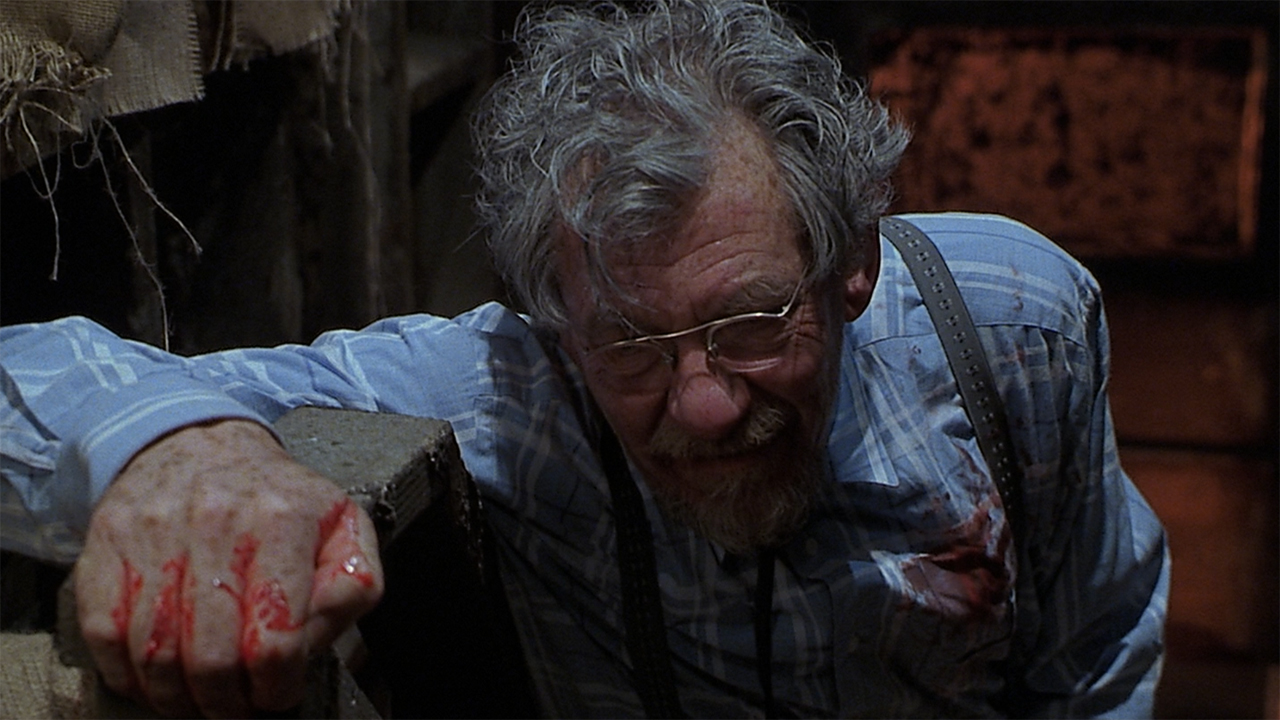
How Bryan Singer’s Apt Pupil Differs From Stephen King’s Novella
In totality, Bryan Singer’s Apt Pupil can be categorized as one of the more faithful Stephen King adaptations brought to the silver screen, even with macro changes like the setting being changed from 1974 to 1984, and the events playing out over the course of a single year instead of three. That being said, the movie stands apart from the source material as a different emotional experience because of the content that is excluded. The film may have been graded with an R-rating by the MPAA, but put side-by-side with the novella it feels practically Disney-fied.
The first half hour of Apt Pupil is, for all practical purposes, exactly the same as Stephen King’s version of events, but it’s after that point that the deviations start to pile up. The first real significant change is what happens with Kurt Dussander (Ian McKellen) and the stray cat he brings into his house to put in his oven: in the movie, the cat is able to struggle out of Dussander’s grip and get away; in the novella, he is successful in his psychotic aim, and not only kills the cat, but eventually goes out to get a dog to kill as well.
The film does feature the reescalation of Dussander’s violent behavior, as the Nazi war criminal lures a homeless man (Elias Koteas) into his house to be murdered, but in the book he does in many times over and not just once. What’s more, King’s novella additionally sees Todd (Brad Renfro) start to go out and murder vagrants – a plot development that’s not featured in the film at all (his only act of physical violence is killing a pigeon by crushing it with a basketball).
The adaptation actually edits out a great deal of Todd Bowden’s corruption. Like in the source material, his grades start to slip, and he has horrible nightmares as a result of his conversations with Kurt Dussander, but the content of those dreams is very different (for example, in the movie he has visions of Jewish prisoners in a gas chamber, but the novella sees him rape a young Jewish girl as Dussander observes). King’s version of the character is also much more influenced by the Nazi’s anti-Semitic rhetoric, and he eventually starts blaming his impotence on the fact that his girlfriend is Jewish, and makes frequent use of horrible epithets and slurs in his internal monologue (as captured by the third person storytelling).
Changing the steepness of Todd’s degeneracy in Apt Pupil ultimately changes the end of the story in substantial ways. In the film, Todd’s guidance counselor, Mr. French (David Schwimmer), confronts the protagonist when he realizes that Kurt Dussander was pretending to be his grandfather during a meeting at school, and Todd scares him off by threatening to go public with accusations that French made sexual advances toward him.
Stephen King’s version is far darker: the titular apt pupil shoots the educator three times with a rifle after the accusations about Dussander, and he then proceeds to a spot over the freeway to engage in a shooting spree – a moment he has been practicing and waiting for. The shocking final line reveals, “It was five hours later and almost dark before [the police] took him down.”
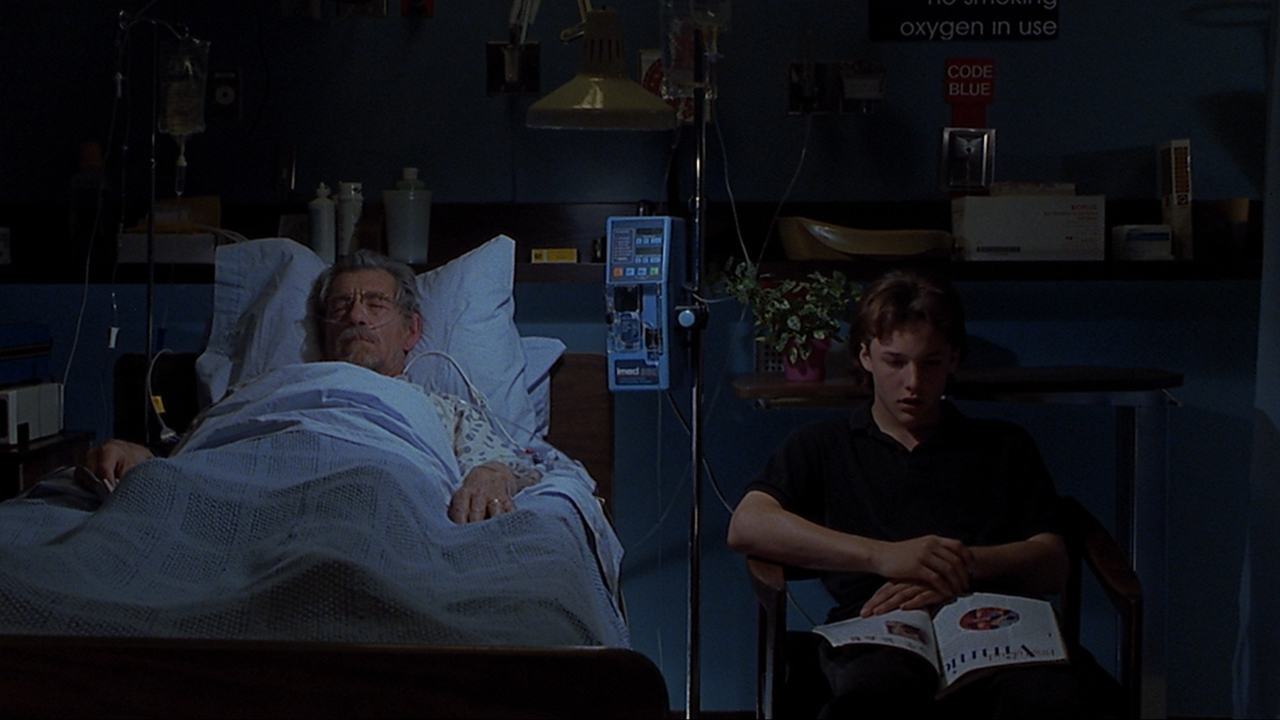
Is It Worthy Of The King?
Bryan Singer’s Apt Pupil in some ways reminds me of Lewis Teague’s Cujo. Both are based on books that deal in horror of the real world, the verisimilitude significantly adding to the darkness that is captured, and both felt the need to censor and downplay the source material in order for it to be palatable in live-action.
In the case of the former, however, the changes and cuts are far more detrimental. The fact that the film adaptation of Cujo ends without the death of Tad Trenton doesn’t undercut the terror that comes before it, but the same cannot be said about Apt Pupil, which is watered down to a point where it is incapable of wholly capturing the emotional experience of reading Stephen King’s novella.
The movie arguably hampers itself most significantly by substantially reducing the timeframe of the story – in doing so not permitting a proper pace for Todd Bowden’s mental deterioration that’s fundamental to the point of Stephen King’s story. Brad Renfro delivers an excellent performance (as does Ian McKellen), and the fall that we see the character experience is realistic for the timeline that is utilized (it makes sense that he wouldn’t become fully radicalized over the course of a single school year), but the limited depth correlates to limited impact when it’s compared to the source material.
This isn’t to say that I don’t understand why the filmmakers involved with the making of Apt Pupil made the changes that they did and found them to be necessary. What Stephen King succeeds in doing with the novella is masterful but also terrifically painful, and directly translating it into a live-action feature would create a cinematic experience so miserable that might distract from the themes of the story – which would render the whole thing a pointless exercise. The 1998 movie had to find a middle-ground in the approach, and it got overcooked in the process.
Apt Pupil ultimately sits in a strange position in the cinematic legacy of Stephen King, as while it is an imperfect adaptation, it’s also not a movie that calls for a remake. The material is certainly as relevant today as ever, but any filmmaker approaching the material would have to walk an even finer line than Bryan Singer’s movie did, and that likely won’t yield better results. Reading the novella is a powerful and heart-shredding journey unto itself, and it’s perhaps best left as an untouchable literary work.
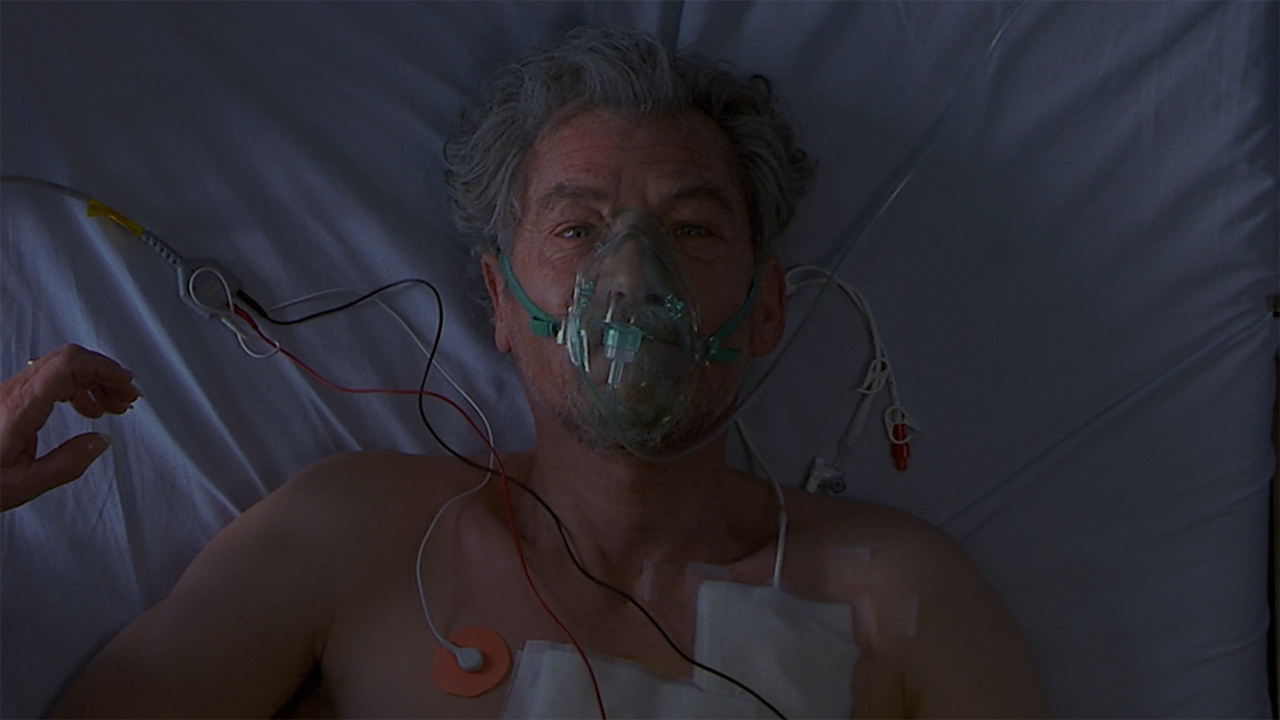
How To Watch Bryan Singer’s Apt Pupil
Watching Bryan Singer’s Apt Pupil is quite easy should one feel inclined. The film isn’t presently available on any subscription streaming services, but you can find it available for rental or purchase digitally on iTunes and Amazon Prime (it’s also on Vudu, but only for purchase). If you’re looking for a physical copy, things get a bit trickier. While a domestic Blu-ray was released in 2011 by Image Entertainment, it has since gone out of print. There is an Australian Blu-ray from Umbrella Entertainment that is easy to find, but it only works if you have a region-free player.
For next week’s column I will be taking an in-depth look at one of the most heralded Stephen King adaptations – one that strikes a complex balance portraying the beauty and horror of our world. Frank Darabont’s The Green Mile, the Oscar-nominated 1999 film based on the 1996 serial novel of the same name, will be strapped into the hot seat for examination, and you’ll find the piece here in the CinemaBlend movie section on Wednesday. For now you can browse through past features by clicking through the banners below.







Eric Eisenberg is the Assistant Managing Editor at CinemaBlend. After graduating Boston University and earning a bachelor’s degree in journalism, he took a part-time job as a staff writer for CinemaBlend, and after six months was offered the opportunity to move to Los Angeles and take on a newly created West Coast Editor position. Over a decade later, he's continuing to advance his interests and expertise. In addition to conducting filmmaker interviews and contributing to the news and feature content of the site, Eric also oversees the Movie Reviews section, writes the the weekend box office report (published Sundays), and is the site's resident Stephen King expert. He has two King-related columns.

